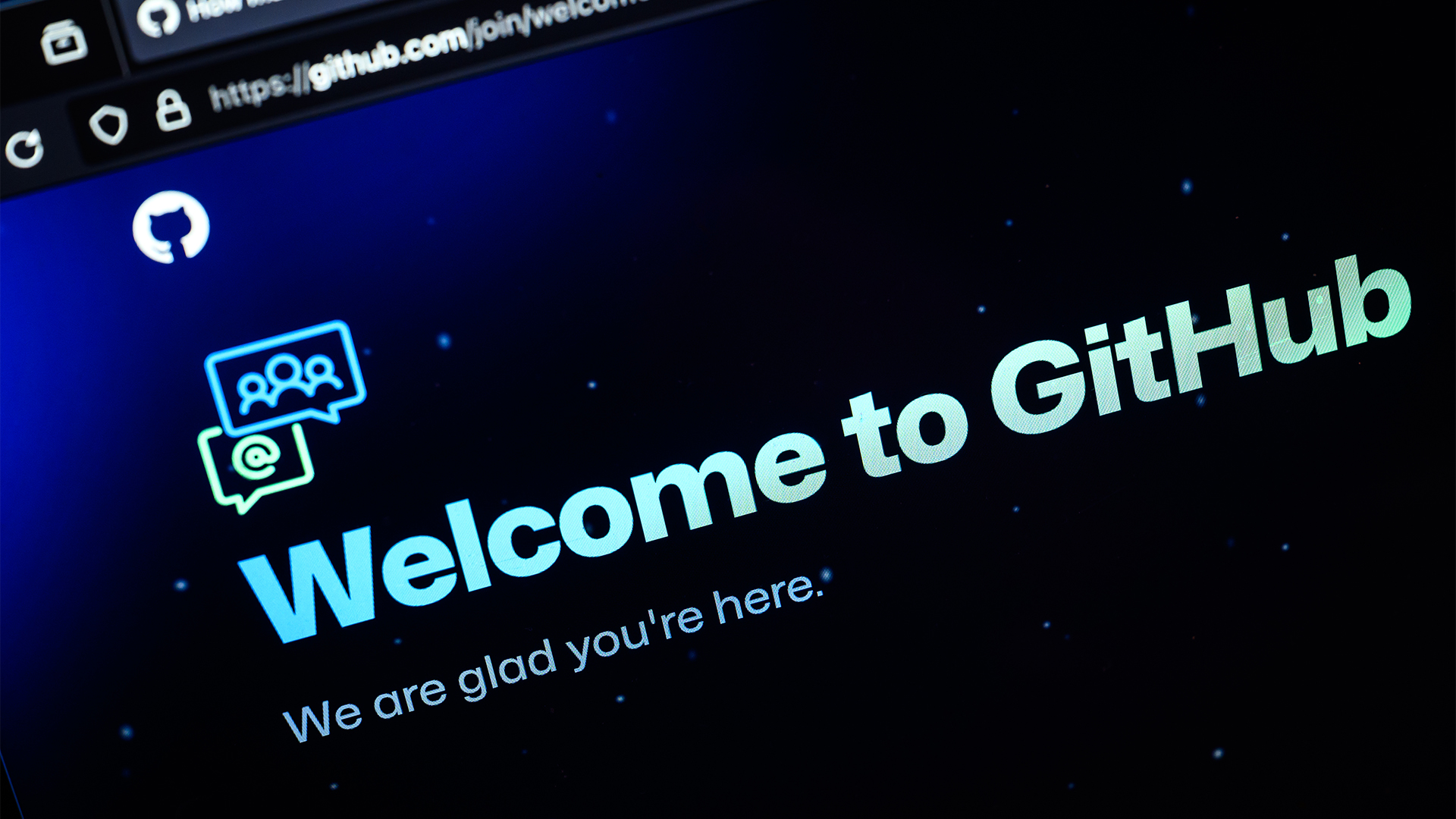'Context switching' is a major drain on developer productivity — here’s how GitHub plans to solve that
The new GitHub platform promises to aid developers by streamlining activity across different environments


GitHub’s new ‘Copilot Extensions’ offering promises to deal with a common thorn in the side of developers known as ‘context switching’, a term used to express the psychological strain placed on staff who are forced to jump from one task to another.
When developers move from one task to another, or one environment to another, they are liable to lose focus, experts told ITPro, adding to workloads and affecting overall productivity rates.
GitHub’s new offering, unveiled at Microsoft’s Build conference this week, will centralize tools and services in an effort to minimize this strain, ensuring that developers avoid burnout when completing tasks across various ecosystems and architectures.
Copilot Extensions will enable developers to build and deploy to the cloud in natural language with their “preferred tools and services” without having to leave the integrated development environment (IDE) or GitHub itself.
The offering integrates with a variety of different platforms, including DataStax, Docker, Microsoft Azure and Teams, MongoDB, Pangea, Pinecone, Product Science, and a few others.
In the announcement, GitHub asked prospective users or readers to imagine the struggle faced by a developer who needs to, for example, deal with an issue that requires working in numerous environments.
“With enough context, you start troubleshooting what could be the cause, going to tools like Sentry for error monitoring to learn more. Then, you have to figure out a solution, apply the fix, and then deploy with Azure. In this scenario, there is a lot of context-switching,” GitHub said.
Get the ITPro daily newsletter
Sign up today and you will receive a free copy of our Future Focus 2025 report - the leading guidance on AI, cybersecurity and other IT challenges as per 700+ senior executives
The firm then claims that its new product will solve the issues presented in this common scenario by essentially bringing the “whole process together” and consolidating these tools into one system.
Dom Couldwell, head of field engineering EMEA at DataStax, one of the Copilot Extension partners, told ITPro that this could play a key role in helping reduce the strain of context switching for developers.
“If you find yourself constantly switching from meetings to coding, or to looking at different kinds of coding and back again, then it can be hard to get into that productive mindset and stay there,” Couldwell said.
“The Copilot approach aims to help developers work around different areas in coding and development in one place. This makes it easier to avoid context switching overhead, because developers can work in the way that suits them rather than having to switch between different ways of thinking about problems,” he added.
Context switching significantly undermines productivity
Context switching has been a pain point in development for years, with research from as far back as 2018 detailing how it causes problems by breaking up workflows and leaving projects unattended.
RELATED WHITEPAPER

“We found that developers switch about two-thirds (59%) of their daily tasks from which 40% require context switching, and they never resume 29% of their interrupted/switched tasks,” the research stated.
The report also suggested that developer work sessions are often “fragmented into many short sessions” of between 15 and 30 minutes, with the average programmer spending similar amounts of time “reconstructing working context before resuming interrupted tasks”.

George Fitzmaurice is a former Staff Writer at ITPro and ChannelPro, with a particular interest in AI regulation, data legislation, and market development. After graduating from the University of Oxford with a degree in English Language and Literature, he undertook an internship at the New Statesman before starting at ITPro. Outside of the office, George is both an aspiring musician and an avid reader.
-
 Cleo attack victim list grows as Hertz confirms customer data stolen
Cleo attack victim list grows as Hertz confirms customer data stolenNews Hertz has confirmed it suffered a data breach as a result of the Cleo zero-day vulnerability in late 2024, with the car rental giant warning that customer data was stolen.
By Ross Kelly
-
 Lateral moves in tech: Why leaders should support employee mobility
Lateral moves in tech: Why leaders should support employee mobilityIn-depth Encouraging staff to switch roles can have long-term benefits for skills in the tech sector
By Keri Allan
-
 Turns out AI isn't that popular at work – just 4% of workers use the technology in the majority of daily tasks, but developers are among the top early adopters
Turns out AI isn't that popular at work – just 4% of workers use the technology in the majority of daily tasks, but developers are among the top early adoptersNews Research from Anthropic shows that while AI adoption is sluggish in most professions, software developers and writers are very keen.
By Nicole Kobie
-
 GitHub's new 'Agent Mode' feature lets AI take the reins for developers
GitHub's new 'Agent Mode' feature lets AI take the reins for developersNews GitHub has unveiled the launch of 'Agent Mode' - a new agentic AI feature aimed at automating developer activities.
By Ross Kelly
-
 GitHub just launched a new free tier for its Copilot coding assistant – but only for a select group of developers
GitHub just launched a new free tier for its Copilot coding assistant – but only for a select group of developersNews Limited access to GitHub Copilot in VS Code is now available free of charge
By Nicole Kobie
-
 Are ‘ghost engineers’ stunting productivity in software development? Researchers claim nearly 10% of engineers do "virtually nothing" and are a drain on enterprises
Are ‘ghost engineers’ stunting productivity in software development? Researchers claim nearly 10% of engineers do "virtually nothing" and are a drain on enterprisesNews The study used an algorithm to assess the amount of work being done by software engineers at hundreds of firms
By George Fitzmaurice
-
 GitHub says Copilot improves code quality – but are AI coding tools actually producing results for developers?
GitHub says Copilot improves code quality – but are AI coding tools actually producing results for developers?News Questions over the true impact AI coding tools continue to linger
By Solomon Klappholz
-
 Python just brushed past JavaScript to become the most popular programming language on GitHub – and a key factor is that AI developers love it
Python just brushed past JavaScript to become the most popular programming language on GitHub – and a key factor is that AI developers love itNews The meteoric rise of Python shows no sign of stopping
By Nicole Kobie
-
 “There is no one model to rule every scenario”: GitHub will now let developers use AI models from Anthropic, Google, and OpenAI
“There is no one model to rule every scenario”: GitHub will now let developers use AI models from Anthropic, Google, and OpenAINews Devs will be given access to a broader array of AI models on GitHub – but there's more in store for users
By Emma Woollacott
-
 Not all software developers are sold on AI coding tools – while productivity gains are welcomed, over a third are concerned about AI-generated code quality
Not all software developers are sold on AI coding tools – while productivity gains are welcomed, over a third are concerned about AI-generated code qualityNews Many software developers have concerns over the quality and security of AI-generated code despite marked productivity boosts
By George Fitzmaurice